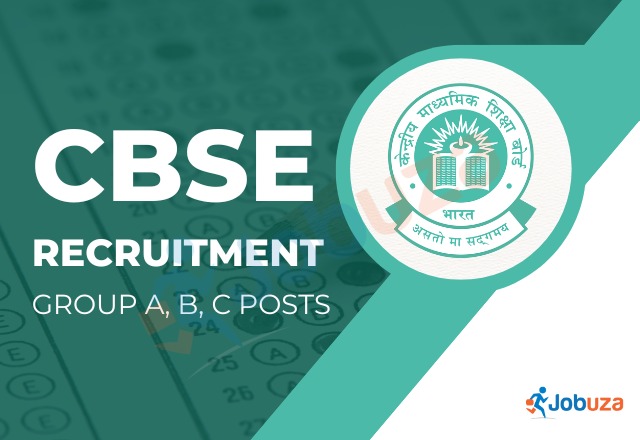
by Jobuza Team | Dec 10, 2025 | BLOG, Latest Jobs
Patwari Recruitment 2025: Himachal Pradesh Announces 530 New Vacancies for 12th Pass Candidates The Himachal Pradesh State Selection Commission (HPCRA) has officially released the notification for Patwari Recruitment 2025. This recruitment drive aims to fill a total...

by Jobuza Team | Dec 9, 2025 | BLOG, Latest Jobs, Railway Jobs, Technical/IT Jobs
The Railway Recruitment Boards (RRB) have released the application status for CEN 02/2025. Candidates applying for Technician Grade-I (Signal) and various Technician Grade-III posts can now check whether their applications have been Provisionally Accepted,...

by Jobuza Team | Dec 4, 2025 | BLOG, Latest Jobs
The Oriental Insurance Company Limited has officially released the OICL AO Scale-I Recruitment 2025 notification for 300 Administrative Officer posts. Out of these, 285 posts are for Generalist Officers and 15 posts are for Hindi (Rajbhasha) Officers. This is a great...

by Jobuza Team | Dec 3, 2025 | BLOG, Latest Jobs, Teaching Jobs
The Central Board of Secondary Education (CBSE), New Delhi has officially released the CBSE Recruitment 2025-26 notification for 124 Group A, B and C non-teaching posts. This recruitment drive includes several important positions such as Assistant Secretary, Assistant...

by Jobuza Team | Dec 3, 2025 | BLOG, Latest Jobs
The Oriental Insurance Company Limited (OICL), a wholly-owned public sector general insurance company under the Government of India, has officially released the OICL AO Scale-I Recruitment 2025 notification for 300 Administrative Officer posts. Out of the total...

by Jobuza Team | Dec 1, 2025 | Bank Jobs, BLOG, Latest Jobs
The Punjab Subordinate Services Selection Board (PSSSB) has officially released the Group C Recruitment 2025 Notification for 159 vacancies across various posts. Eligible candidates can apply online from 5th December 2025 to 27th December 2025 through the official...








